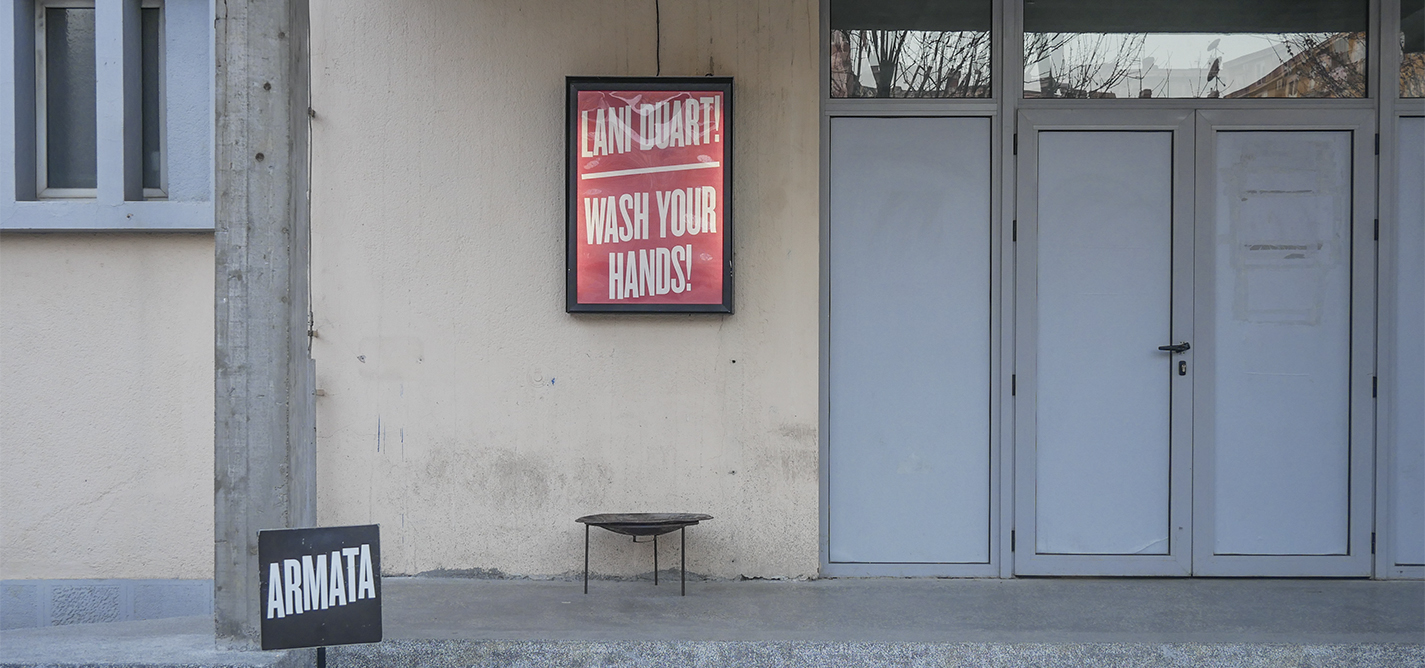
Art and culture hit by the virus
How the lockdown is affecting the arts & culture sector.
“We as freelance or self-employed musicians in Kosovo and the whole Balkan region are not sufficiently protected by any law or action that could help us face this situation.”
Bajram Kafu Kinolli, Gipsy Groove"The lost link with audiences is as damaging as economic losses; the live component of the performing arts must remain alive, even and especially today.”
“Should the lockdown stretch beyond April and into the summer months, there will certainly be financial implications to DokuFest and DokuKino."
Veton Nurkollari, DokuFest“Without permission [from donors] we had to reallocate the budget planned for projects to pay our staff, as it is a moral obligation not to leave them without salaries."
Florent Mehmeti, Teatri Oda“Performance artists, actors and musicians are the most unprotected because they work from one short contract to another.”

Edona Kryeziu
Edona Kryeziu was a journalist covering Arts & Culture at K2.0. She holds a Bachelor of Arts from Maastricht University, the Netherlands, and a Masters Degree in Migration & Diaspora Studies (Visual Anthropology) from SOAS London University, UK.
This story was originally written in English.